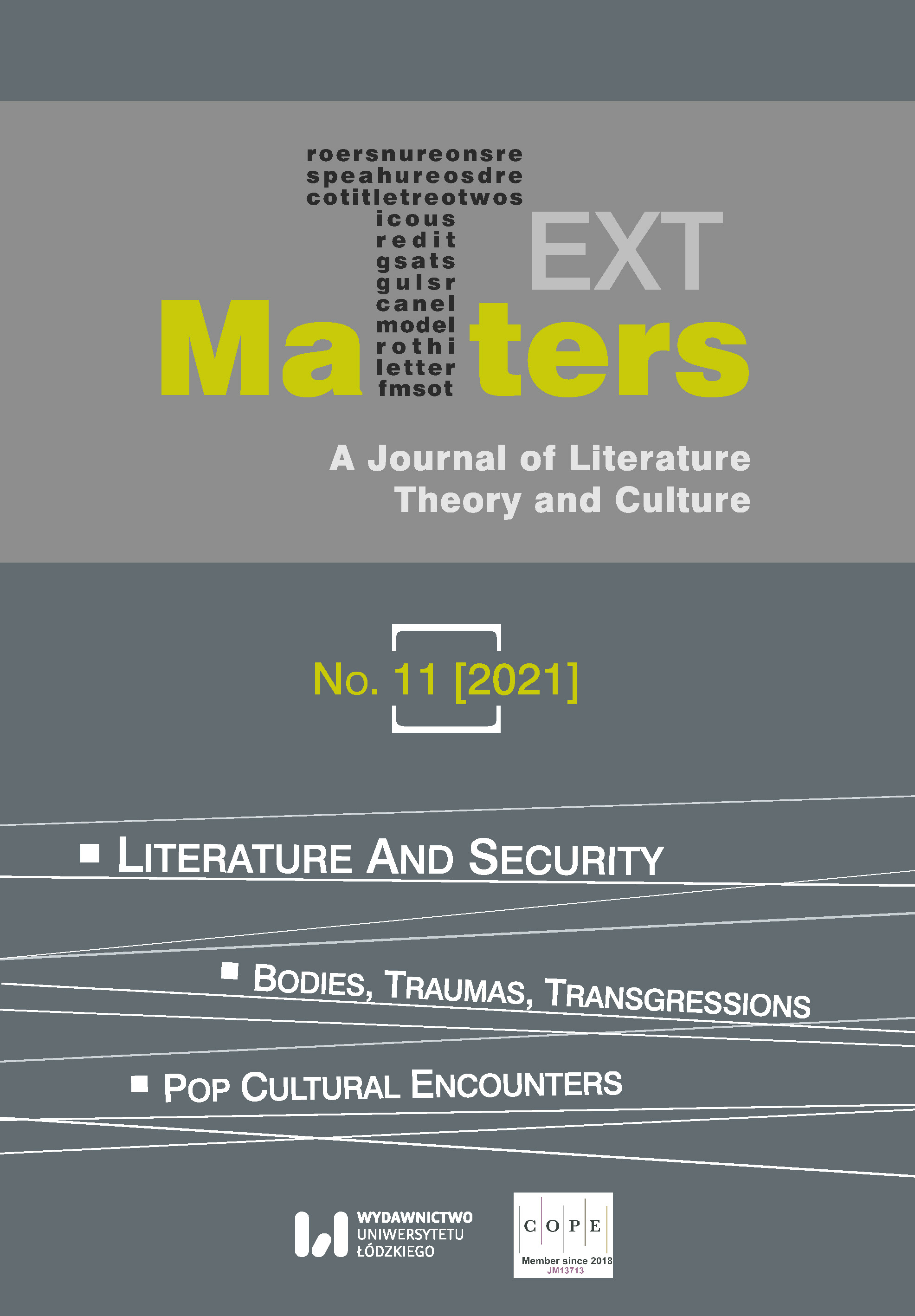Lacanian Implications of Departures in Zemeckis’s Beowulf from Beowulf, the Old English Epic
Lacanian Implications of Departures in Zemeckis’s Beowulf from Beowulf, the Old English Epic
Author(s): Nurten BirlikSubject(s): Studies of Literature
Published by: Wydawnictwo Uniwersytetu Łódzkiego
Keywords: Beowulf; Zemeckis; adaptation; Lacanian criticism
Summary/Abstract: Although Robert Zemeckis’s film Beowulf (2007) is a re-writing of the Old English epic Beowulf with a shifting of perspective, certain details in the film can only be understood by referring to the poem. That is, a better understanding of the film is tied closely to an awareness of certain narrative elements in the epic. The emphasis on Beowulf in the poem shifts to the Mother in the film. This shift obviously leads to a recontextualization of the narrative elements of the former text. In the epic, Grendel is left without a father; however, in the film, he is fathered by Hrothgar but this biological fathering does not lead to linguistic castration. In their case, things are reversed: rather than the infant being castrated by the Law/language, the biological father is led to a psychic regression due to the son. This appears to be a dramatization of the conflicts between the (m)Other and the shared Other/the representative of the paternal metaphor: that is, Hrothgar. This time, the (m)Other conquers the representative of the paternal metaphor and annuls his masculinity, which radically changes the way in which we evaluate the course of events in the film. These departures make more sense if they are analyzed against the background of Lacanian epistemology. This paper aims to explore the film’s departures from the poem by approaching it from a Lacanian perspective.
Journal: Text Matters: A Journal of Literature, Theory and Culture
- Issue Year: 2021
- Issue No: 11
- Page Range: 178-185
- Page Count: 8
- Language: English

